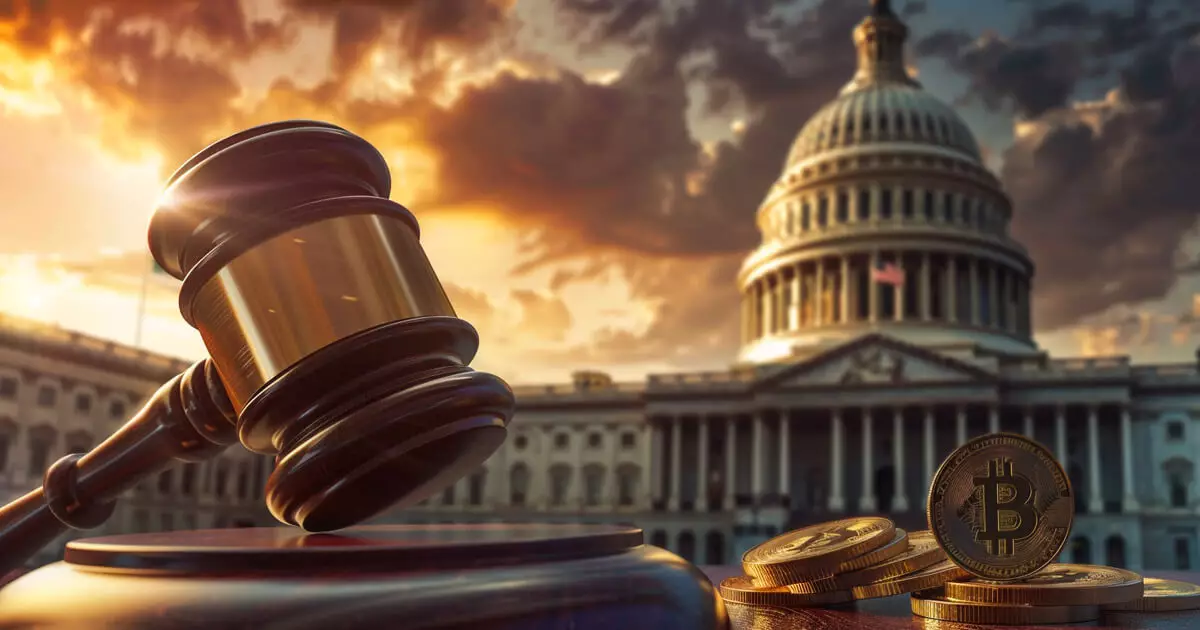In the rapidly evolving landscape of the crypto industry, regulatory oversight plays a crucial role in shaping the competitive dynamics among leading exchanges. Bitwise Investments CIO Matt Hougan recently shed light on how the current regulatory environment may inadvertently be benefiting US crypto exchange Coinbase. He suggested that the stringent regulatory requirements create an “artificial moat” for Coinbase, giving the platform a significant advantage over its competitors. This advantage has allowed Coinbase to secure substantial funding and expand its services beyond basic exchange offerings.
As the only registered crypto exchange in the US, Coinbase has strategically leveraged regulatory challenges to solidify its market position and achieve impressive funding totaling $7.1 billion. In response to the uncertain regulatory landscape, Coinbase has diversified its services by introducing initiatives such as USDC, Base, and international futures trading. These strategic moves demonstrate Coinbase’s commitment to innovation and growth within the crypto ecosystem. However, it is essential to recognize that Coinbase’s current advantage is not without risk, as regulatory scrutiny intensifies within the industry.
While Coinbase may be reaping the benefits of regulatory advantages, other prominent platforms like Robinhood, Uniswap Labs, and Consensys are facing increasing regulatory challenges. The Securities and Exchange Commission (SEC) issued a Wells Notice to Robinhood, alleging violations related to digital asset listings. Similarly, Consensys and Uniswap have expressed their intent to challenge the SEC’s claims, highlighting the growing tensions between regulators and industry participants. These legal battles underscore the complexities of navigating regulatory oversight and the potential consequences for non-compliant platforms.
Despite Coinbase’s current success in capitalizing on regulatory challenges, the long-term implications of strict oversight and potential regulatory changes remain uncertain. Hougan’s observations raise critical questions about the sustainability of Coinbase’s advantage and the broader implications for the crypto industry. As regulatory scrutiny continues to intensify, platforms must prioritize compliance and transparency to mitigate legal risks and maintain their market position.
The interplay between regulatory oversight and market competition in the crypto industry underscores the complex challenges faced by industry participants. While Coinbase may be experiencing short-term gains from regulatory advantages, the evolving regulatory landscape poses risks that could disrupt the industry’s competitive dynamics. As regulatory scrutiny increases, platforms must adopt proactive strategies to navigate legal complexities and ensure long-term sustainability in a rapidly changing environment.


Leave a Reply